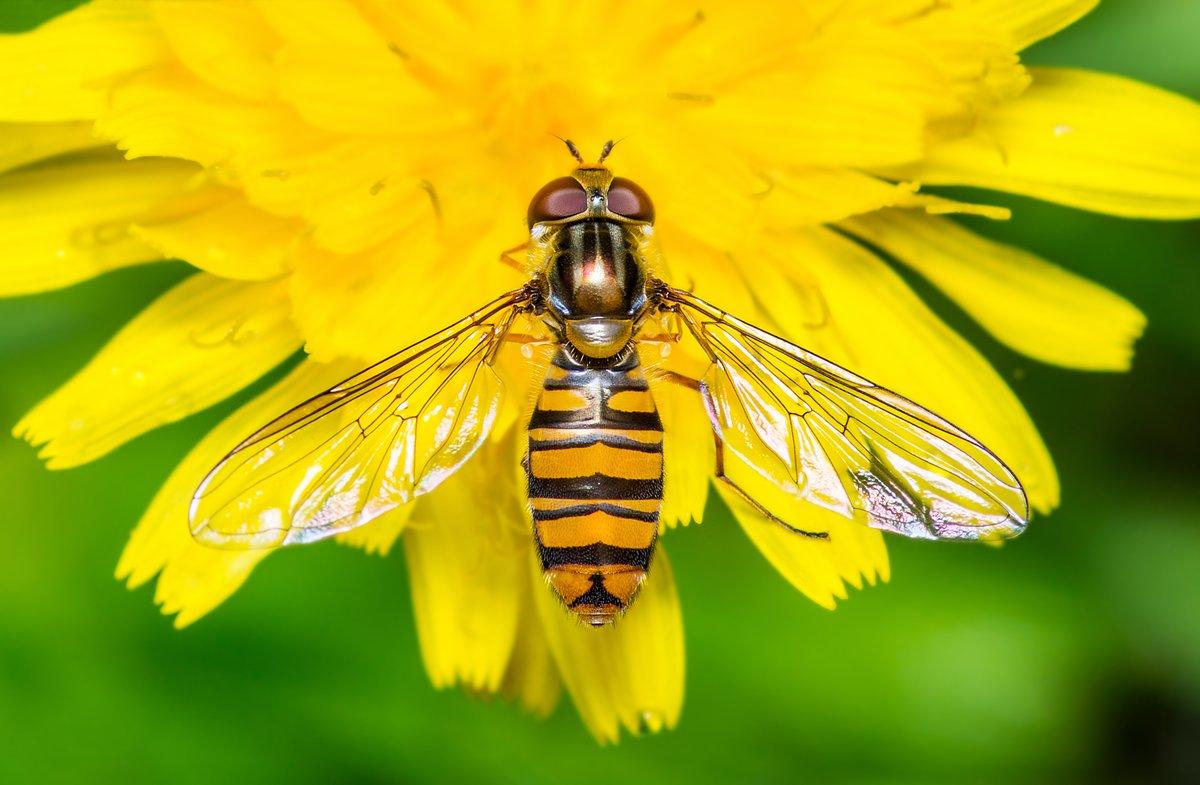AUTHORS: Evelyn Underwood – Erik Gerritsen – Gem Darwin
Pollinators, which are economically, ecologically and socially important, are increasingly under threat from human activities, including climate change and habitat loss, as concluded by the global assessment of the International Panel on Biodiversity and Ecosystem Services (IPBES) in 2016. IEEP surveyed national and regional initiatives that help pollinators in ten EU Member States, outlining strategies, successes and gaps.
The assessment highlights that a high diversity of wild pollinators (wild bees, hoverflies and other flies, butterflies and moths, and more) is critical to pollination even when managed bees are present in high numbers. As well as pollinating our food, these insects help maintain most of our wild flower diversity.
The European Commission has announced the development of an EU Pollinators Initiative. The public consultation has already received many thousands of responses from citizens and organisations, and a well-attended consultation workshop on March 15-16 in Brussels discussed many ideas for how to improve knowledge through research and monitoring, how to raise awareness and foster collaboration, and how to tackle the causes of pollinator decline by creating and maintaining pollinator habitats and reducing pressures such as pesticides.
As a contribution to the discussion, IEEP reported on current national and regional initiatives in ten EU Member States as of October 2017, outlining strategies, successes and gaps. Our aim is to provide useful information for the development of an EU initiative on pollinators and to inform stakeholders about current initiatives and sources of further information. The report focuses on France, Ireland, the Netherlands, and the UK (England, Wales and Scotland), which now have national or regional pollinator strategies, and also includes Austria, Belgium, Denmark, Germany, Slovenia and Spain.
The report is published on the DG ENV pollinators initiative website, where the results of the recent public consultation workshop and online public consultation will also be available soon.
For more information, please contact Evelyn Underwood.

